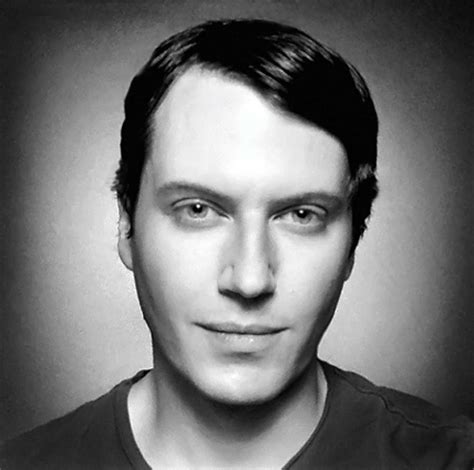A Quote by Mark Cuban
Whatever you are studying right now, if you are not getting up to speed on deep learning, neural networks, etc., you lose. We are going through the process where software will automate software, automation will automate automation.
Related Quotes
I'm not of the opinion that all software will be open source software. There is certain software that fits a niche that is only useful to a particular company or person: for example, the software immediately behind a web site's user interface. But the vast majority of software is actually pretty generic.
By 2018, automation is going to be in full swing in the United States and around the world. There are estimates that it could replace 50 percent of our jobs. That is an enormous shift. But even if we go through a phase where we have an unemployment valley from automation, there will be new jobs and new things for us to do.
I just thought making machines intelligent was the coolest thing you could do. I had a summer internship in AI in high school, writing neural networks at National University of Singapore - early versions of deep learning algorithms. I thought it was amazing you could write software that would learn by itself and make predictions.
U.S. labor leaders will realize that automation can multiply man's wealth far more rapidly than it is multiplying at present and that automation will leave all men free to search and research... Realizing the direct competition with foreign industry on a straight labor basis will mean swiftly decreasing wages per hour and longer hours and decreasing buying power of the public.
The important thing to know about playing to win and playing not to lose is that there are actually different neural networks that are being used. It's not very easy to do both at the same time and, if you are trying to have a playing to win mentality, you're going for it, there's some things that trip you up or trigger the wrong neural network. If you start worrying about your mistakes all of a sudden, if you get too focused on the facts and the details, these are going to shift your neural networks and sort of screw up your strategy.
When you develop software, the people who write the software, the developers are the key group but the testers also play an absolutely critical role. They're the ones who ah, write thousands and thousands of examples and make sure that it's going to work on all the different computers and printers and the different amounts of memory or networks that the software'11 be used in. That's a very hard job.
Testing by itself does not improve software quality. Test results are an indicator of quality, but in and of themselves, they don't improve it. Trying to improve software quality by increasing the amount of testing is like trying to lose weight by weighing yourself more often. What you eat before you step onto the scale determines how much you will weigh, and the software development techniques you use determine how many errors testing will find. If you want to lose weight, don't buy a new scale; change your diet. If you want to improve your software, don't test more; develop better.

































